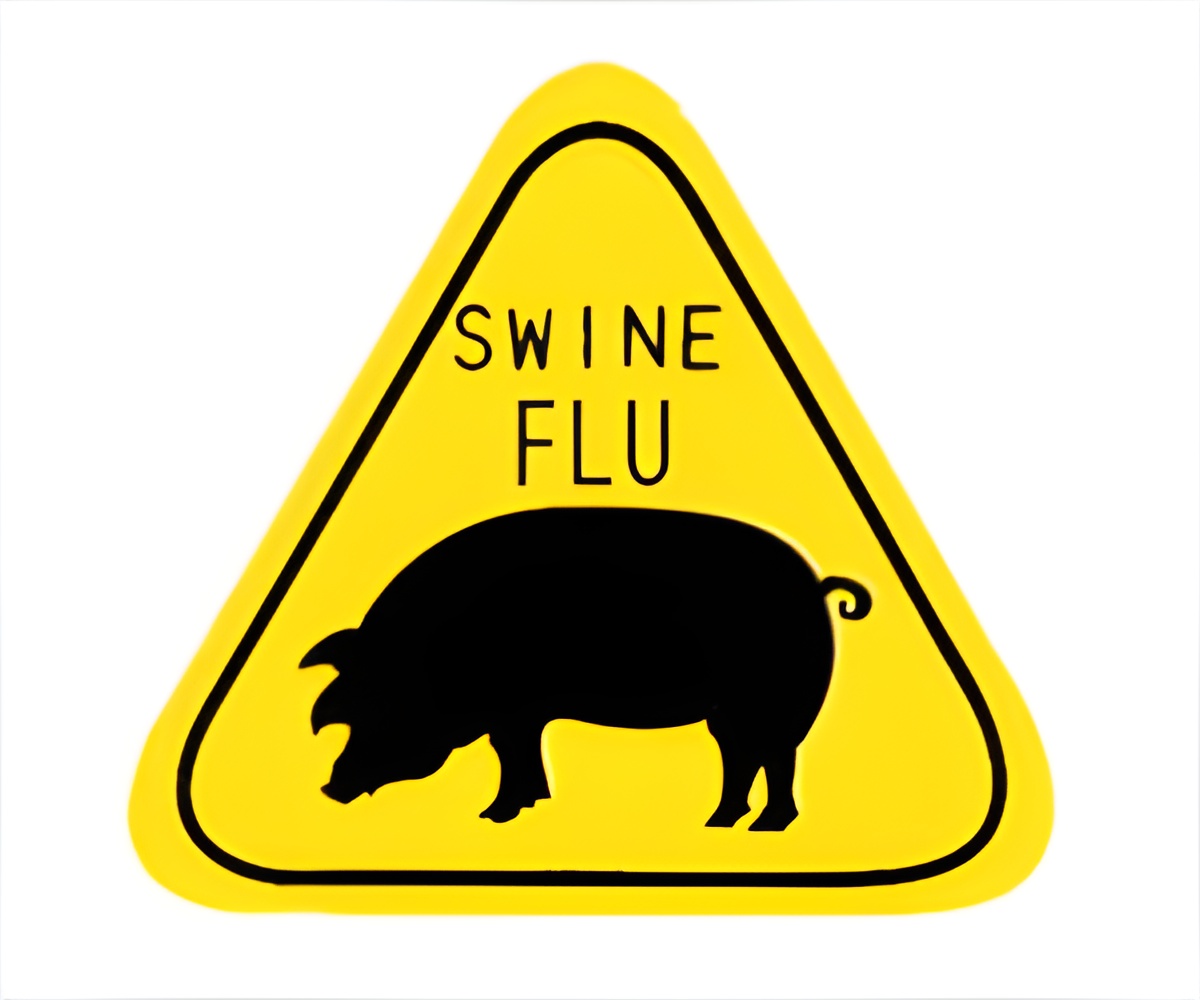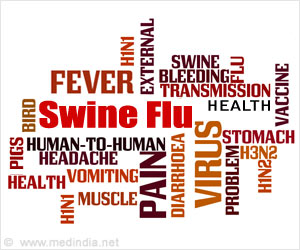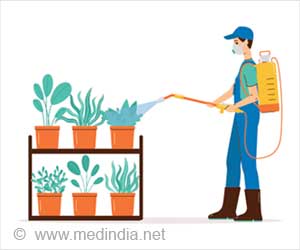
‘About 100 fresh cases of swine flu have been recorded in Delhi. The total number of people affected this year wear 1,196, according to Directorate General of Health Services.’
Read More..Tweet it Now
Only 205 cases and two deaths were reported in 2018. Read More..
The number of swine flu cases increased significantly last week. Till January 29, only 512 cases had been reported.
The Delhi government has asked all its hospitals to ensure continuous supply of medicine, vaccine and kits.
"All government hospitals are equipped with the necessary logistics required for the management of seasonal influenza A (H1N1)," the government said in a statement.
Health advisory in Hindi and English has also been issued and are being carried out regularly.
Advertisement
"The symptoms include fever and cough, sore throat, runny or stuffy nose, difficulty in breathing. Other symptoms may include body aches, headache, fatigue, chills, diarrhea and vomiting, and blood-stained sputum," it said.
Advertisement
Source-IANS









